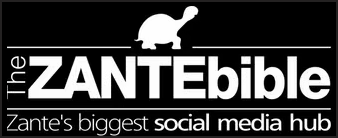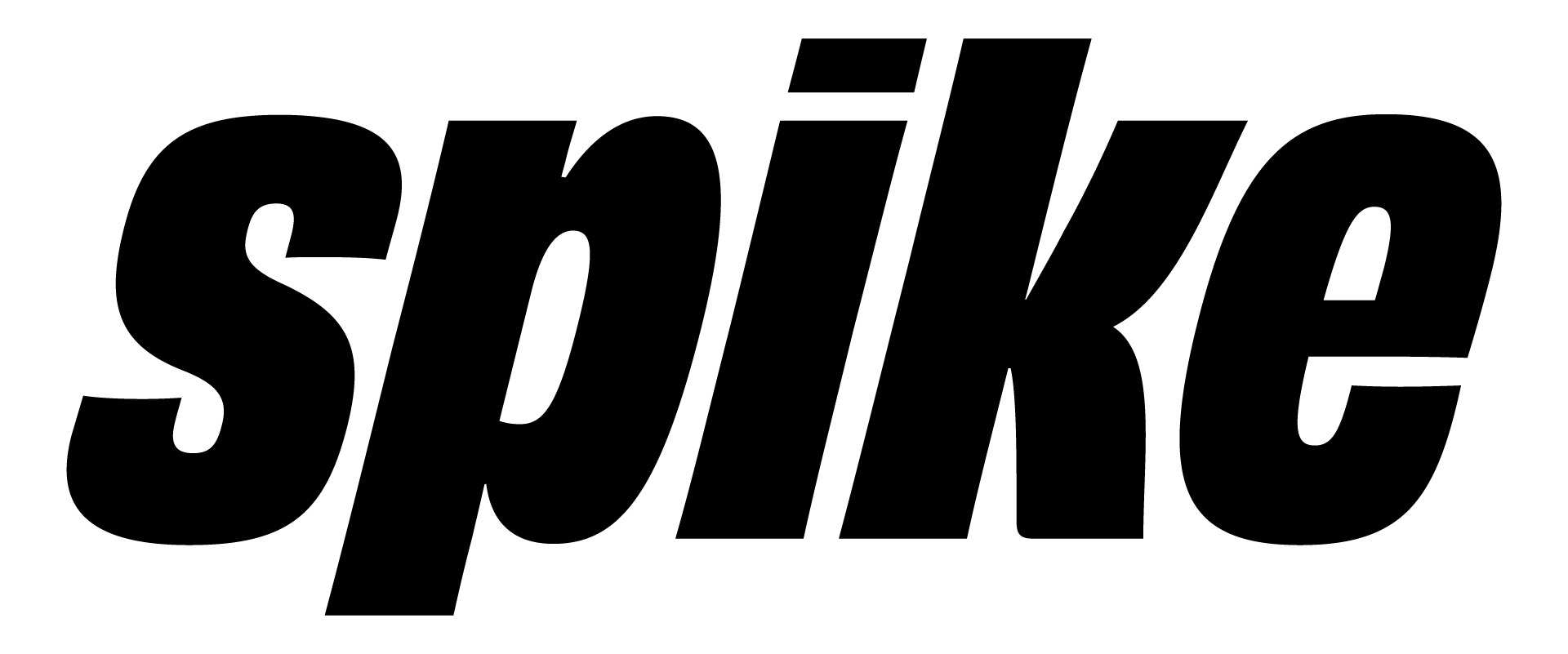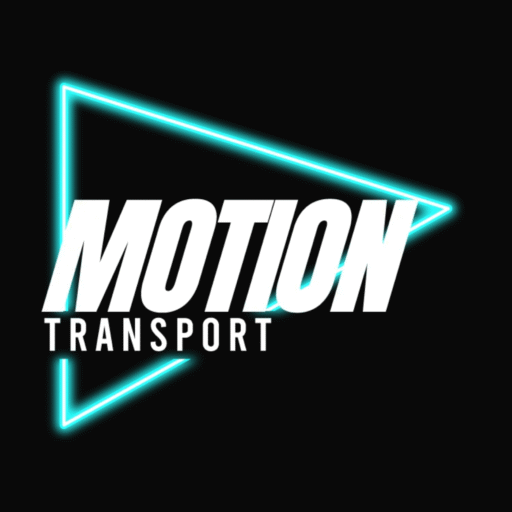Amateur and professional illustrators and photographers alike will find themselves ensnared by the changes, the result of lobbying by Silicon Valley and radical bureaucrats and academics. The changes are enacted in the sprawling Enterprise and Regulatory Reform Act which received Royal Assent last week, and it marks a huge shift in power away from citizens and towards large US corporations.
How so? Previously, and in most of the world today, ownership of your creation is automatic, and legally considered to be an individual's property. That's enshrined in the Berne Convention and other international treaties, where it's considered to be a basic human right. What this means in practice is that you can go after somebody who exploits it without your permission - even if pursuing them is cumbersome and expensive.
The UK coalition government's new law reverses this human right. When last year Instagram attempted to do something similar, it met a furious backlash. But the Enterprise and Regulatory Reform Act has sailed through without most amateurs or semi-professionals even realising the consequences.
The Act contains changes to UK copyright law which permit the commercial exploitation of images where information identifying the owner is missing, so-called "orphan works", by placing the work into what's known as "extended collective licensing" schemes. Since most digital images on the internet today are orphans - the metadata is missing or has been stripped by a large organisation - millions of photographs and illustrations are swept into such schemes.
For the first time anywhere in the world, the Act will permit the widespread commercial exploitation of unidentified work - the user only needs to perform a "diligent search". But since this is likely to come up with a blank, they can proceed with impunity. The Act states that a user of a work can act as if they are the owner of the work (which should be you) if they're given permission to do so by the Secretary of State.
The Act also fails to prohibit sub-licensing, meaning that once somebody has your work, they can wholesale it. This gives the green light to a new content-scraping industry, an industry that doesn't have to pay the originator a penny. Such is the consequence of "rebalancing copyright", in reality.
Quite what happens next is not clear, because the Act is merely enabling legislation - the nitty gritty will come in the form of statutory instruments, to be tabled later in the year. Parliament has not voted down a statutory instrument since 1979, so the political process is probably now a formality.
In practice, you'll have two stark choices to prevent being ripped off: remove your work from the internet entirely, or opt-out by registering it. And registration will be on a work-by-work basis.
Source: The Register







